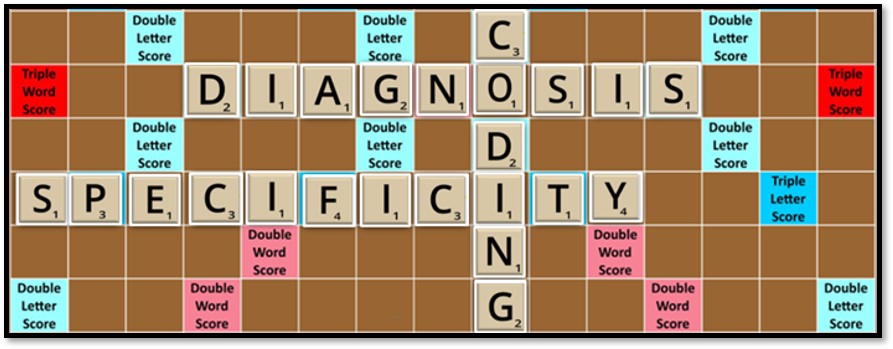Hierarchical Condition Category Coding Overview

HCC or Hierarchical Condition Category coding is something we don’t think about too often in the Pro-fee contract arena. Our diagnosis coding is important, but we get paid based on our CPT coding.
With more payers transitioning to value-based care, it is only a matter of time before HCC contracts come knocking at the door. Even in the pro-fee environment, we contract with MCA (Medicare Advantage Plans) that use HCC coding. It is not uncommon for Medicare Advantage Plans to review their contracted providers HCC coding.
Some things you should know about HCC coding:
- In 2022, there are 19 different HCC Categories with 86 total HCC codes
- CMS pre-establishes a rate for reimbursements based on (3) things:
- Patient demographics (age, sex)
- Major conditions (documented with HCC codes)
- Number of conditions (also tied to HCC codes)
- RAF Score (Risk Adjustment Factor) is a medical risk adjustment model. CMS and private payers use RAF scores to represent a patient’s health status. RAF scores are used to predict the cost for a healthcare organization to care for a patient.
Currently, we don’t get reimbursed based on HCC Coding or our patient’s RAF score, but our contracted Medicare Advantage Plans do. In turn, they scour our records to make sure we didn’t miss an opportunity to code to the highest level of specificity available.
Documentation Challenges:
• Insufficient or unspecified documentation
• Lack of HCC-specificity as a priority
• Poor problem list maintenance
• Incorrect coding
Documenting problems and conditions to the highest level of specificity known at the time of the encounter is critical for correct diagnosis coding. The more specific, the better. This past January, the OIG published a review that categorized the diagnosis groups with the highest risk for improper coding here. Essentially, coding for acute problems that were no longer present, or not properly documented.
Yes-HIMConsulting.com (2024 CMS HCC Changes) Article here. (New!)
More Light Reading:
- Healthcare Partners published a great resource tip sheet.
- For the more adventurous, check out the AAFP’s HCC Crash Course here.
- Humana also has “Best Documentation Practices for Diagnosis” tips available on their site here.
- Brundage Group – Clinical Documentation Integrity Tips (Medical Necessity) here.
- AAPC Risk Adjustment Tool here
- Chronic Conditions Data Warehouse here
- AAPC Risk Adjustment Tool here (membership required)
- NEW (August 2023) OIG Strategic Plan – MCR and Medicaid Managed Care
UTH Access Only
The HCC Team has prepared a basic presentation (HCC 101) to supplement this article.
- Shorter version here.
- Documentation Examples Only here.
- Please check out the documentation tip sheets (under HCC header) on our page.
If your department would like additional HCC 101 training, please reach out to Jay.McVean@uth.tmc.edu or Caroline.Wolbrecht@uth.tmc.edu.